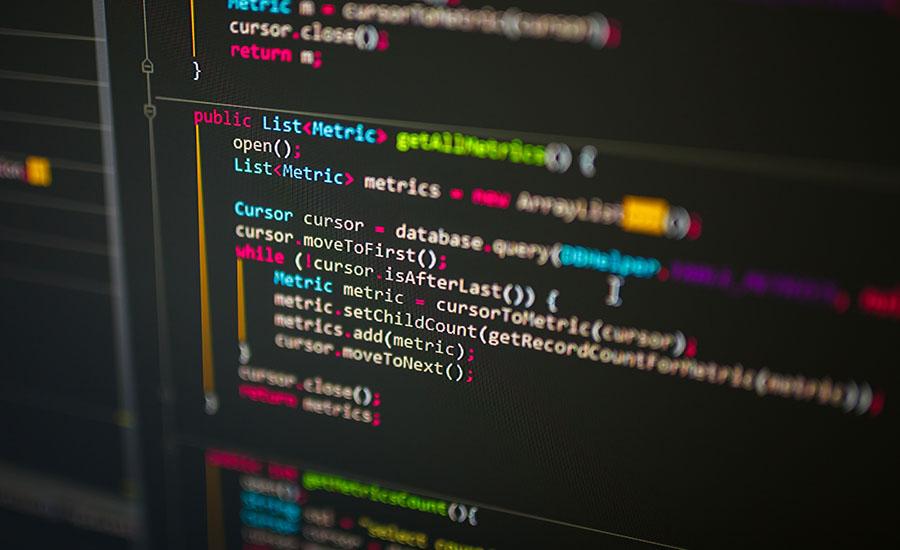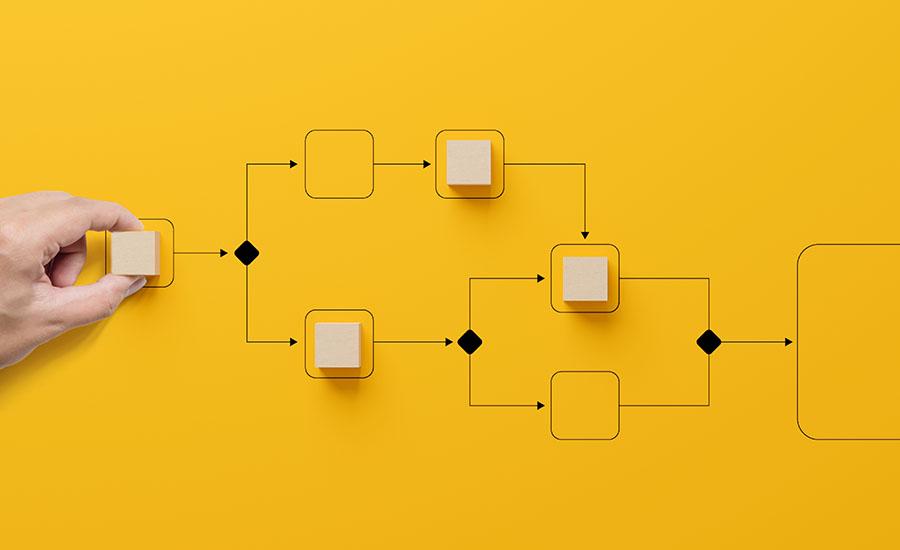
Grades:
6th Grade, 7th Grade, 8th Grade
Developing STEM skills will advance workforce development and fostering critical thinking. This free, online lab manual features scientific computing activities designed for middle school





